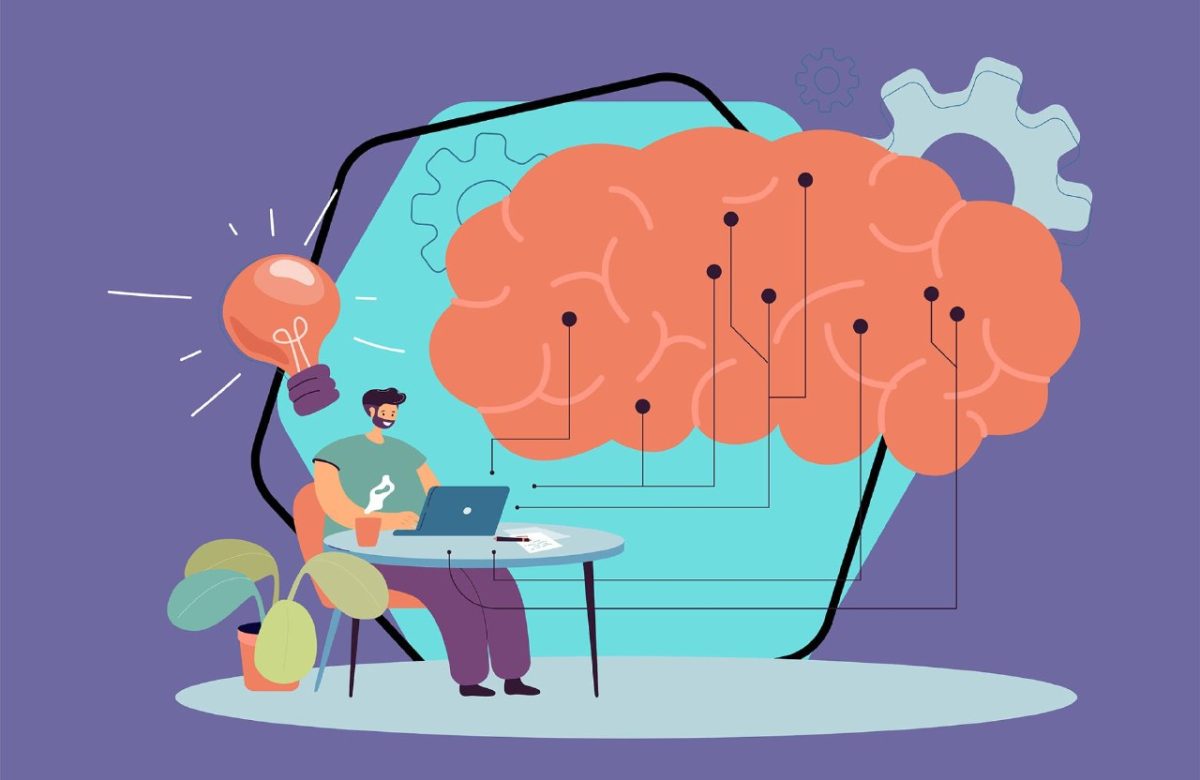Transforming Minds: How AI is Revolutionizing Learning Beyond the Workplace
AI Isn’t Just Changing How We Work — It’s Changing How We Learn
In the not-so-distant future, students may not just interact with teachers, textbooks, or classroom resources; they will engage with AI agents that adapt to their learning styles and needs in real-time. Imagine a scenario where a high school student, Jane, struggles with algebra concepts. Instead of waiting for her next class, Jane communicates with her AI learning assistant, who personalizes a curriculum that targets her specific weaknesses and offers interactive problems tailored to her skill level. This is not science fiction; this is the potential of AI in education.
The Empowerment of Personalized Learning
Today, education systems are realizing the immense benefits of personalized learning experiences enhanced by AI technologies. With AI-driven analysis, instructors can effortlessly gauge the strengths and weaknesses of their students, enabling them to customize lesson plans on a larger scale than ever before.
- Adaptability: AI systems can adapt educational materials to suit individual learning paces.
- Accessibility: AI can render resources accessible to students with disabilities, ensuring inclusivity.
- Engagement: Interactive AI tools can gamify education, increasing student engagement.
Virtual Learning Environments: A Glimpse into the Future
Consider another scenario—a university that rolls out an AI-driven tutoring system for its students. During the pandemic, many universities transitioned online, but the future holds even more promise. Picture students in various countries collaborating in a dynamic virtual classroom, guided by AI mentors that can answer questions instantly, suggest resources, and facilitate group projects, regardless of time zones.
- Global Collaboration: Students from different parts of the world can learn together, aided by AI to navigate language barriers and cultural differences.
- 24/7 Availability: AI tutors can provide assistance around the clock, making education more flexible than ever before.
- Real-time Feedback: Immediate insights can help students correct their mistakes instantaneously, deepening their understanding.
Ethical Considerations and Challenges
As promising as AI in education is, it’s imperative to navigate the ethical landscape carefully. What if students become dependent on AI, losing critical thinking skills? Furthermore, as AI gathers data, concerns regarding privacy and security come into play. Schools and organizations must develop strategies to protect students while benefiting from AI systems.
- Establish clear data usage policies that are transparent to students and parents.
- Develop training programs for educators to effectively integrate AI into their classrooms while maintaining ethical standards.
- Encourage student feedback to quickly identify potential issues with AI implementations.
The Business Benefits of Embracing AI in Education
The potential ROI for businesses embracing AI in education can be significant:
- Cost Efficiency: Automated tutoring systems can reduce the need for extensive staff hiring, saving operational costs.
- Scalability: AI systems can cater to large numbers of students simultaneously, improving service without proportionate increases in overhead.
- Improved Outcomes: Higher graduation and satisfaction rates from personalized learning approaches may enhance institutional reputation and attract more students.
For instance, institutions implementing AI-driven tutoring systems might see noticeable improvements in student performance metrics. Schools that invest in these technologies have reported graduation rates increasing by as much as 20% over three years compared to their non-AI counterparts.
Actions for Implementation
To harness these benefits, educational institutions must take proactive steps:
- Conduct a thorough needs assessment to identify areas where AI can streamline processes and enhance learning.
- Invest in AI technologies that align with the organization’s educational goals.
- Train faculty and staff to utilize AI tools effectively to enhance the learning experience.
The integration of AI into education is not merely about technology; it’s about transforming lives and shaping the future of learning. When correctly implemented, it has the potential to break down barriers and create a more equitable educational landscape.
In conclusion, the future of education will undoubtedly be reshaped by AI. By embracing these new technologies, educational institutions can cultivate interactive, personalized, and ethical learning environments.
Ready to explore how AI can revolutionize your educational approach? Schedule a consultation with our team today, and let’s discuss how we can implement these transformative ideas in your organization.


